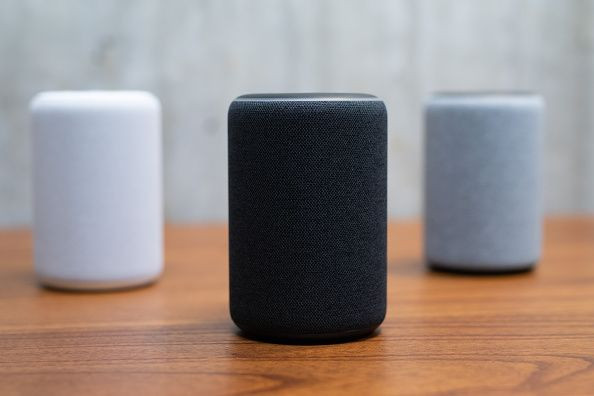Amazon Alexa Now Has Independent Healthcare Apps For Patient Data

Amazon announced that Alexa can now take health-related information for its apps. While it does involve sharing sensitive information on the device, the apps actually have a way to prevent Amazon from stealing that data. Here’s what we know about this new update.
According to The Verge, Amazon Alexa can now take information and commands related to your health. Previously, Amazon Alexa couldn’t handle this type of data as it goes against the Health Insurance Portability and Accountability Act (HIPAA). It only allowed health care companies to handle this type of information, and Amazon is not in the medical industry.
However, the problem seems to have been solved as Amazon hired some health companies to create the voice apps and systems for the health-related Alexa inquiries.
One of the companies, Livongo, stated how their developed systems work. The user asks a question about their blood sugar level, and Alexa uses data from Livongo’s servers to provide the answer. The patient’s data is secure in Livongo’s servers, and Amazon has no access to it.
Data security is important in such apps as health data is considered to be private information and must not be shared easily to protect the users. If easily shared, other companies can use the data for marketing and tailoring the ads coming to your device.
The personal data can also be used to give the users ads about other products that are not related to the person’s app but to their information. This practice is invasive as the data you should’ve shared “privately” was not honored, and corporations can eventually keep this practice.
Fortunately, the HIPAA protects the users from this type of practice. With HIPAA, written authorization is needed before the health information can be used for marketing. However, the “marketing” term in this act is loosely defined which means that loopholes can be found and some can inevitably extract the data anyway.
For now, Amazon Alexa is equipped with this new function. While the risks in using the app is real, we’ll have to wait for Amazon or business legislation to bolster their rules against this practice.
© Copyright IBTimes 2024. All rights reserved.




















